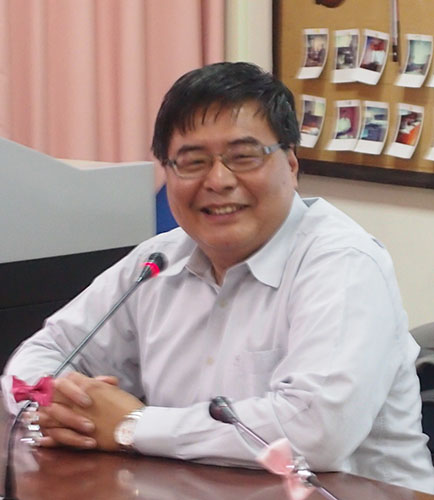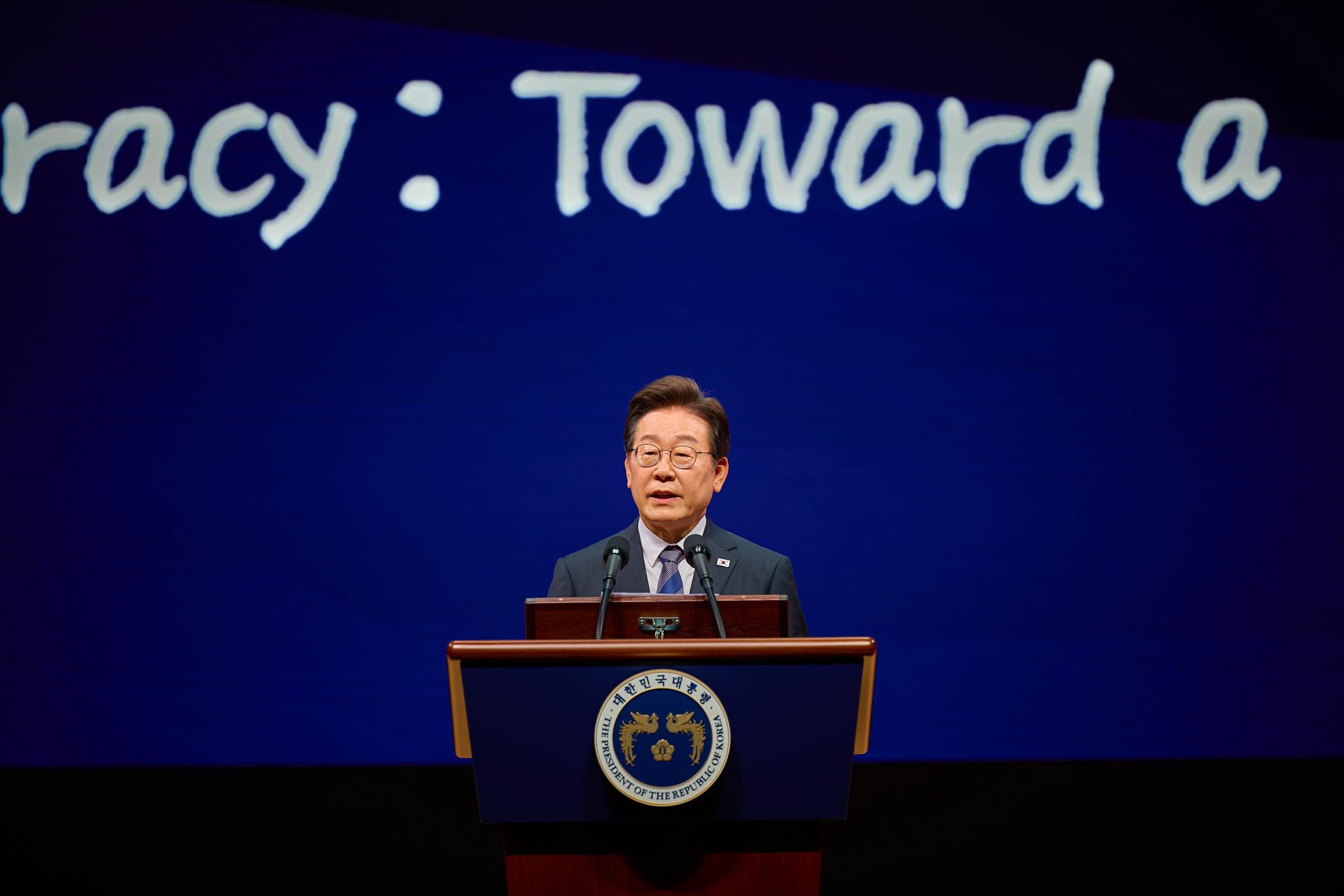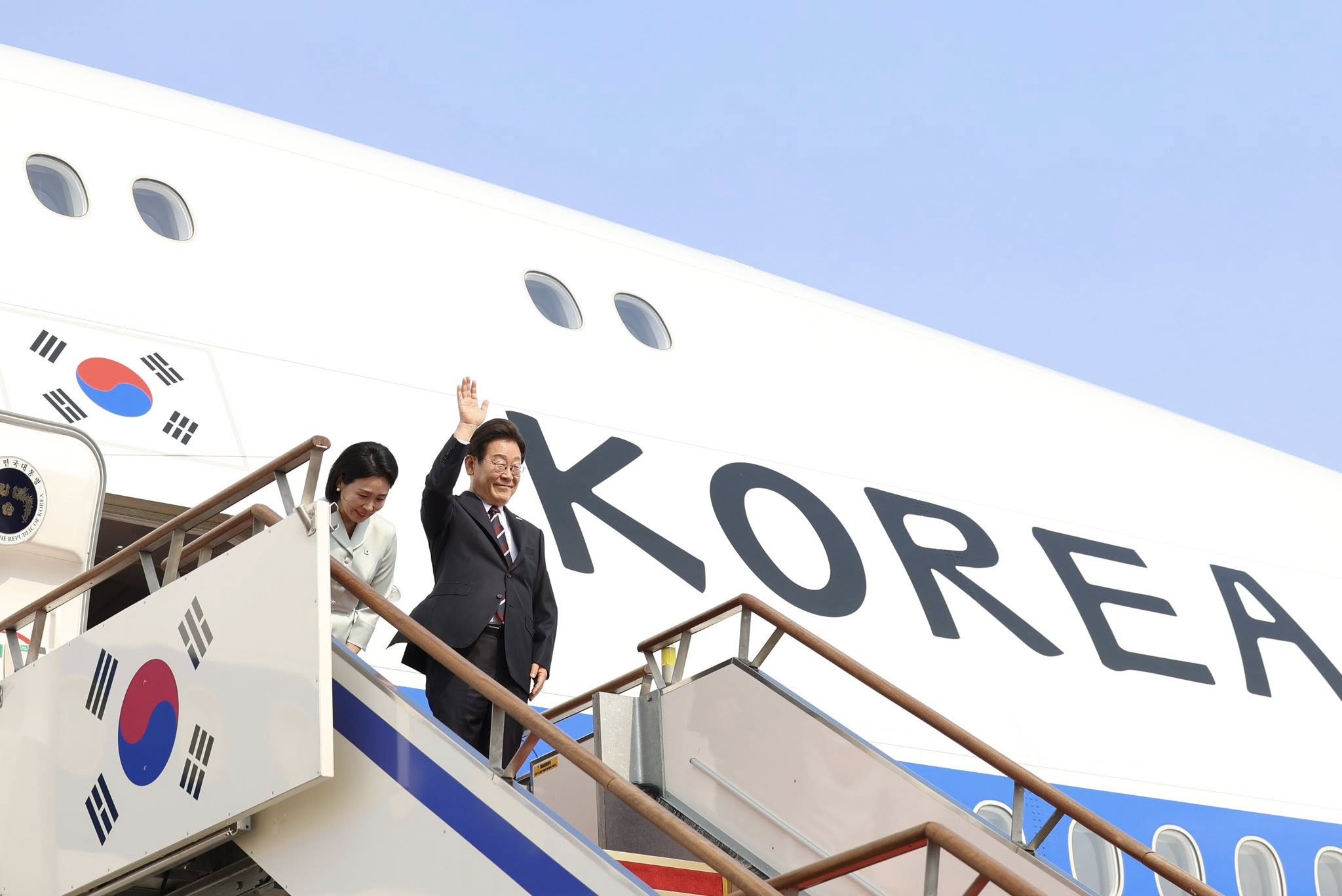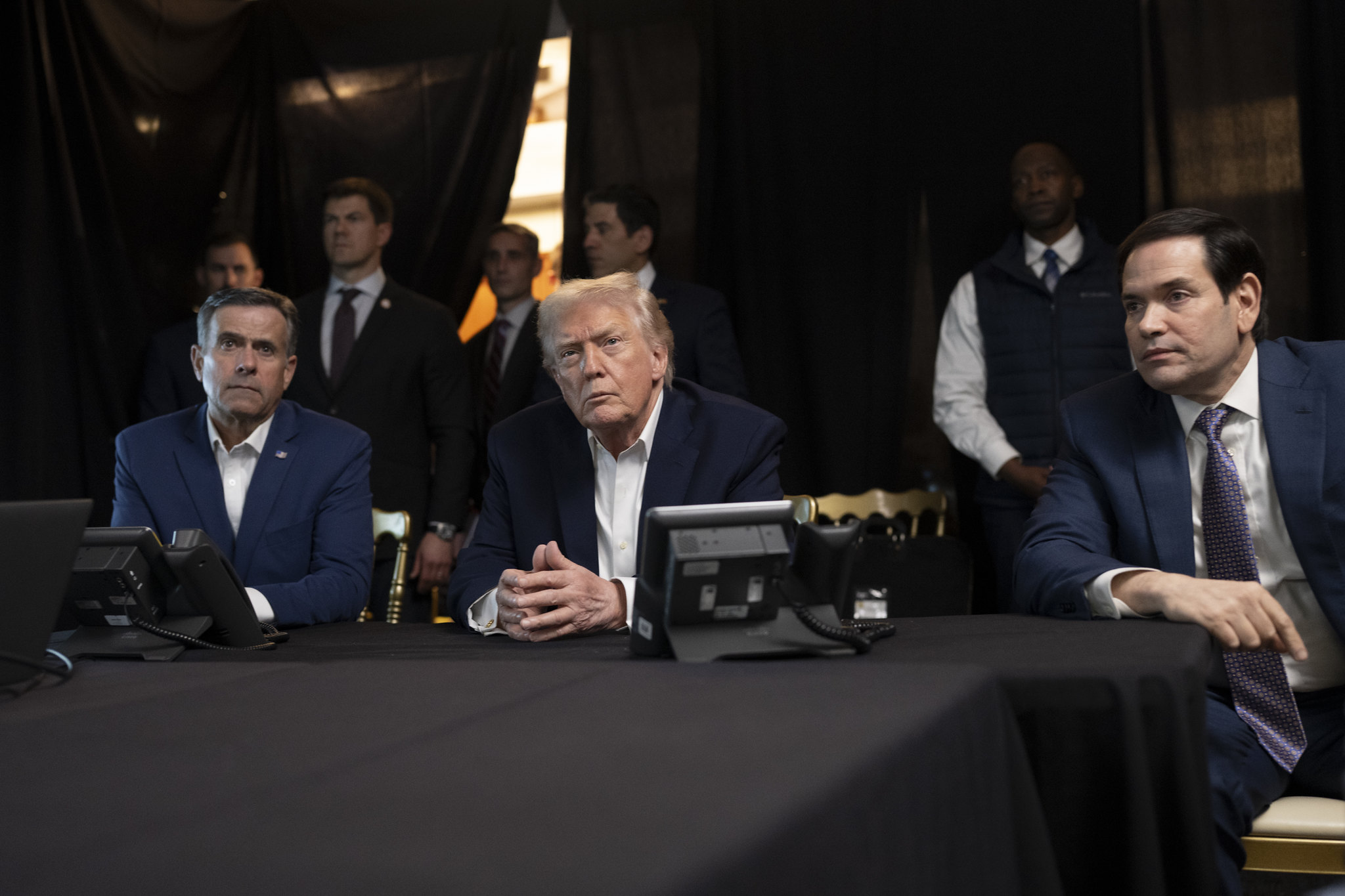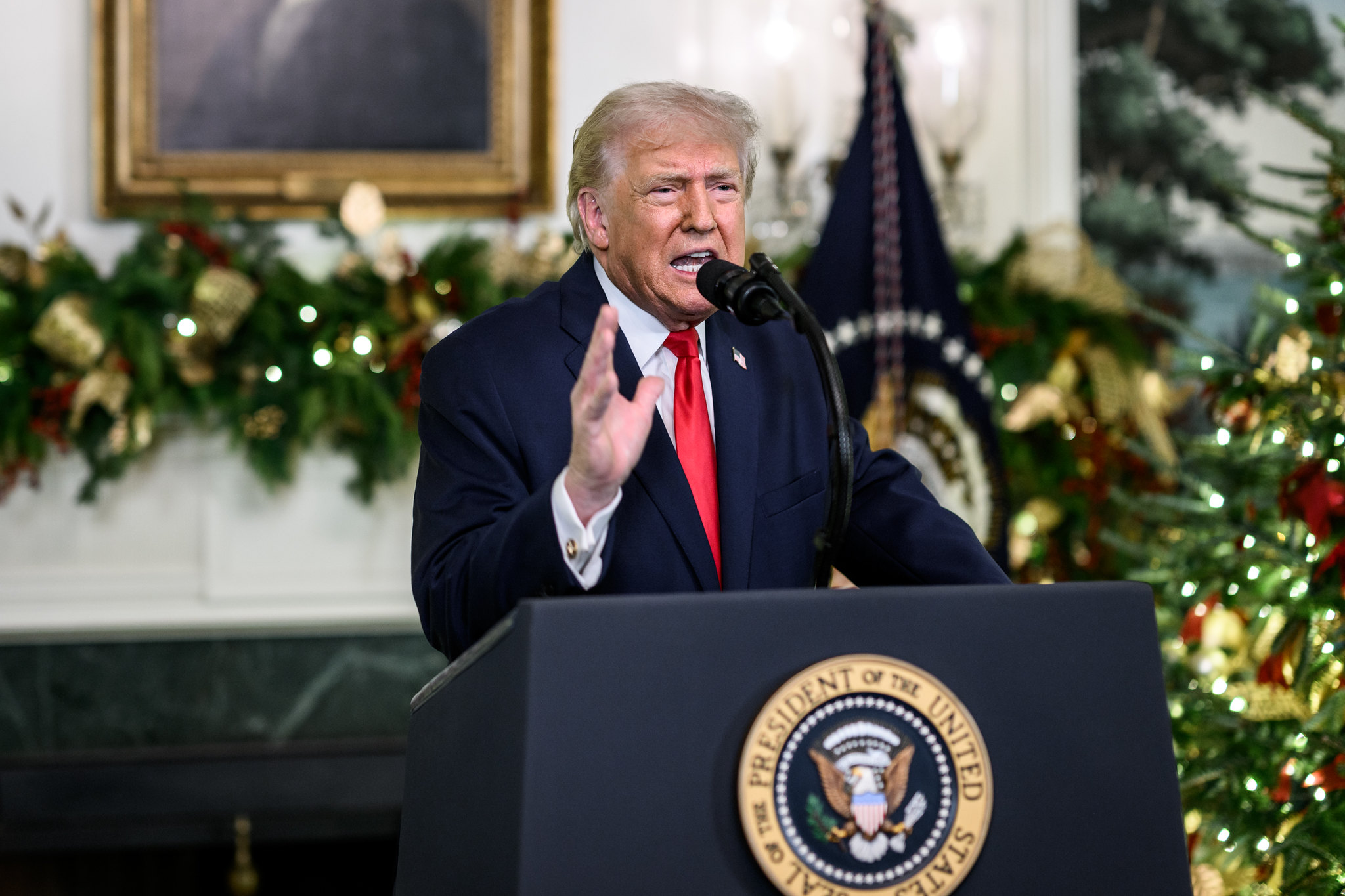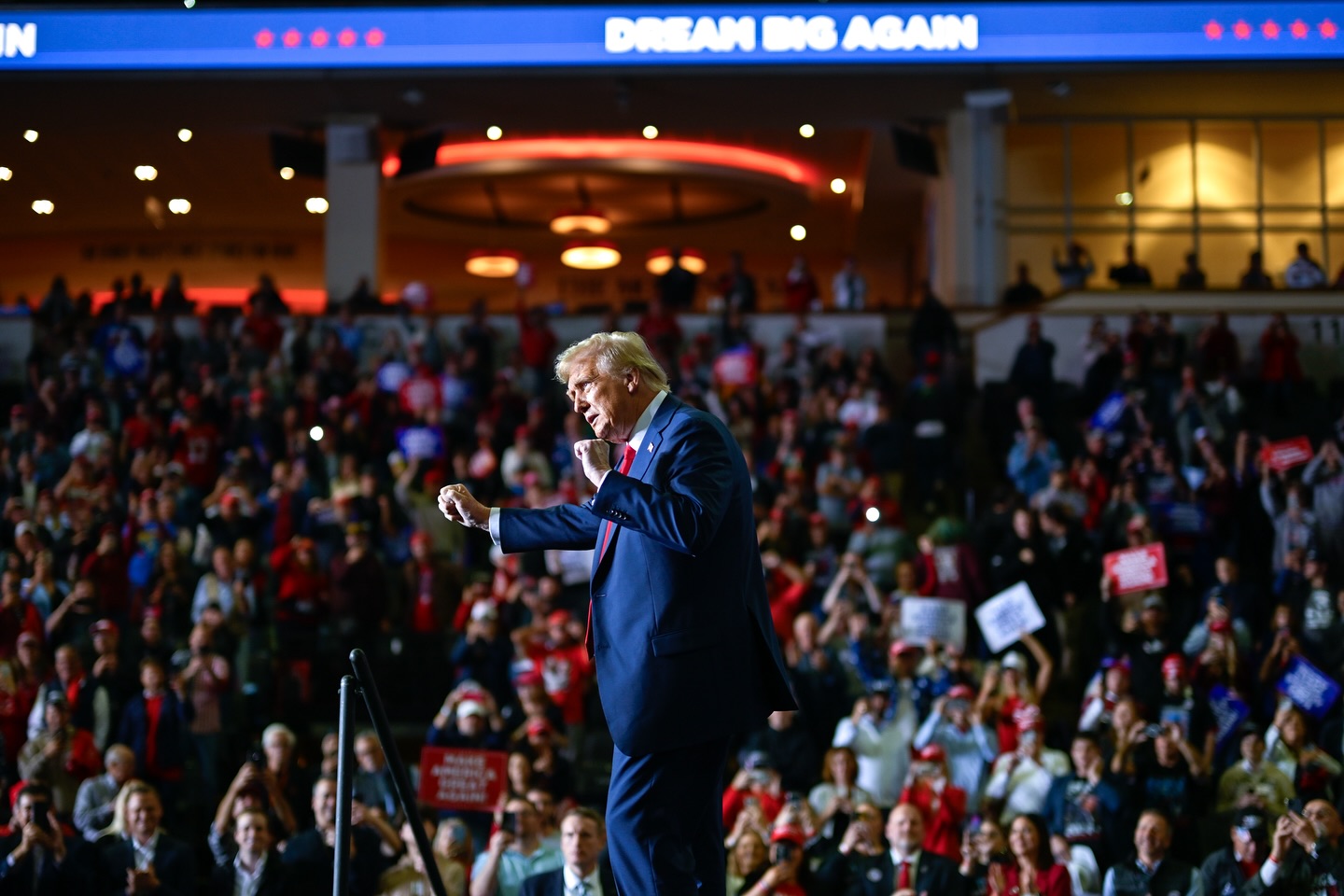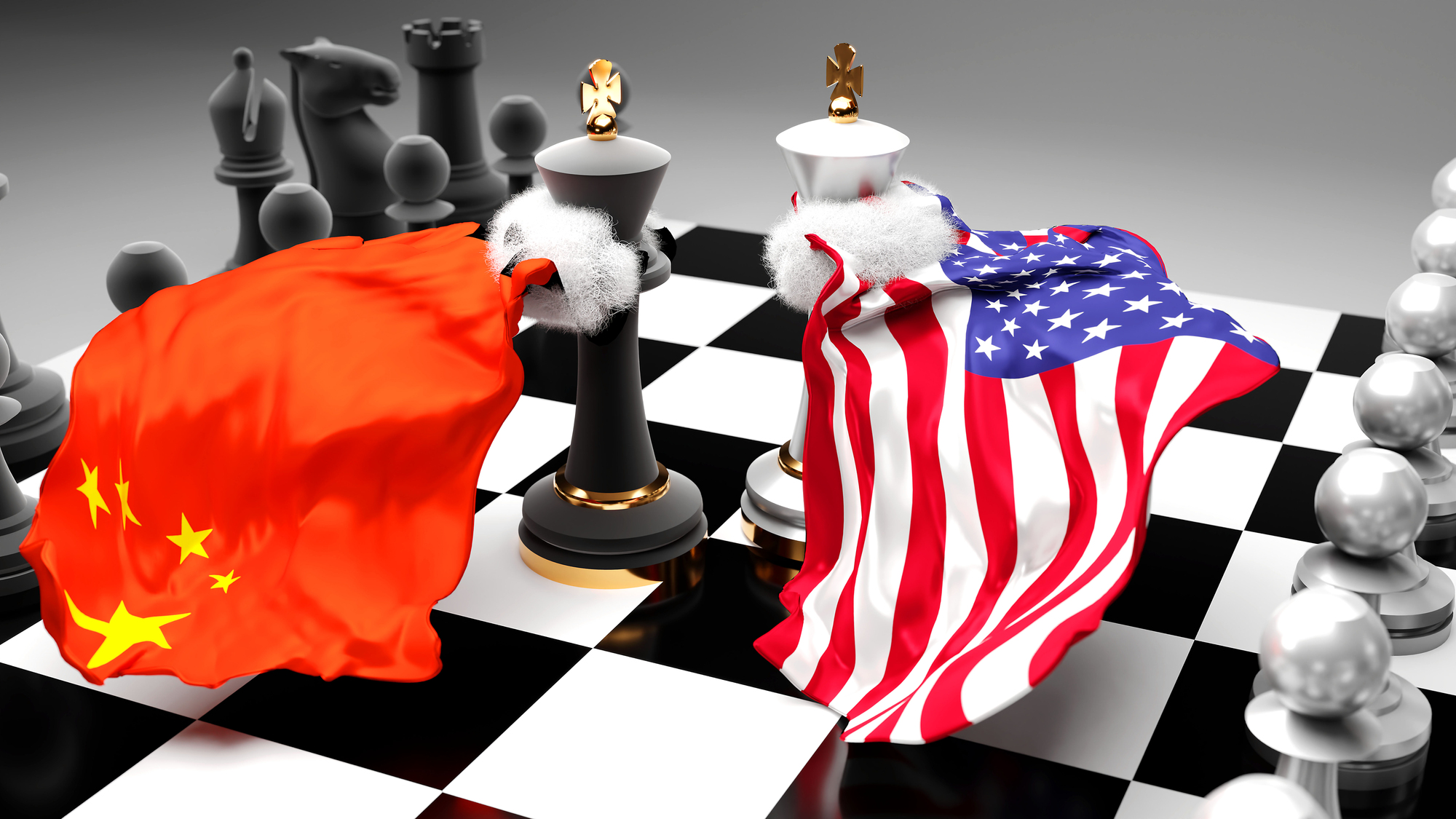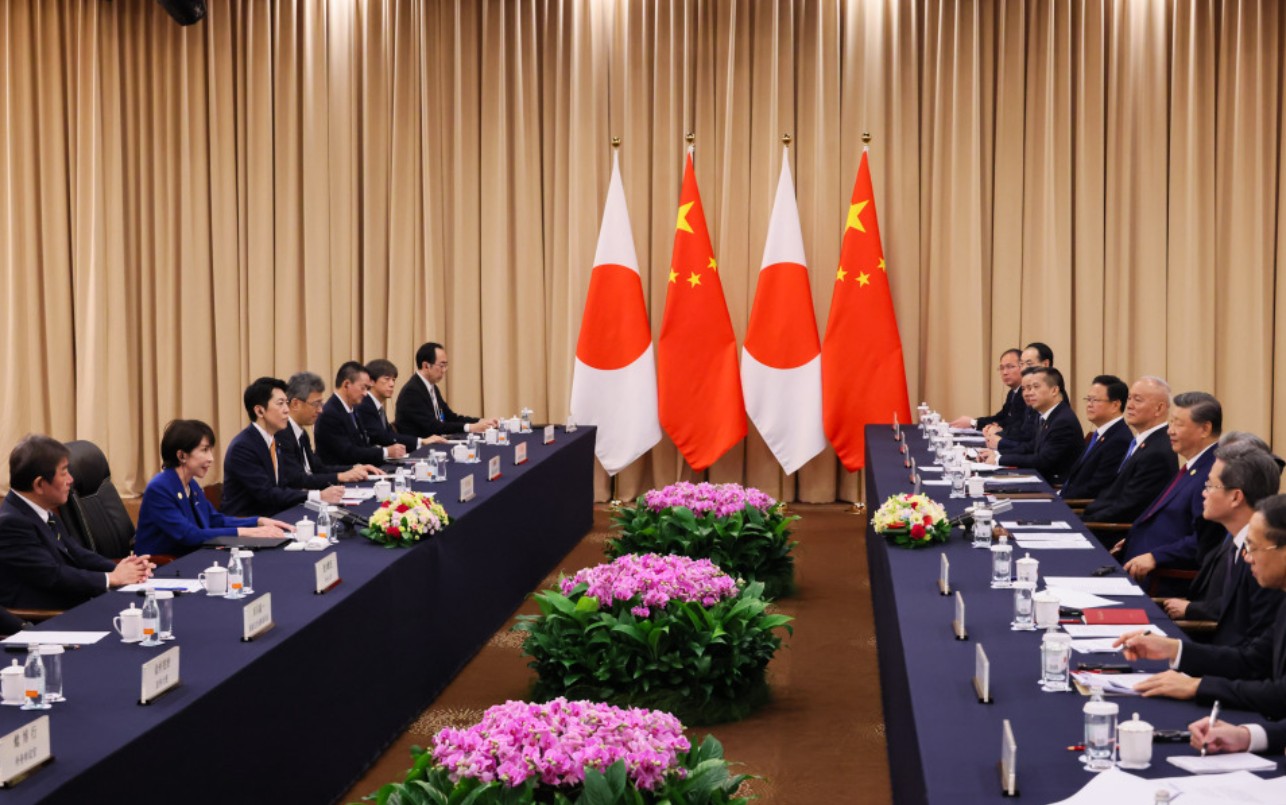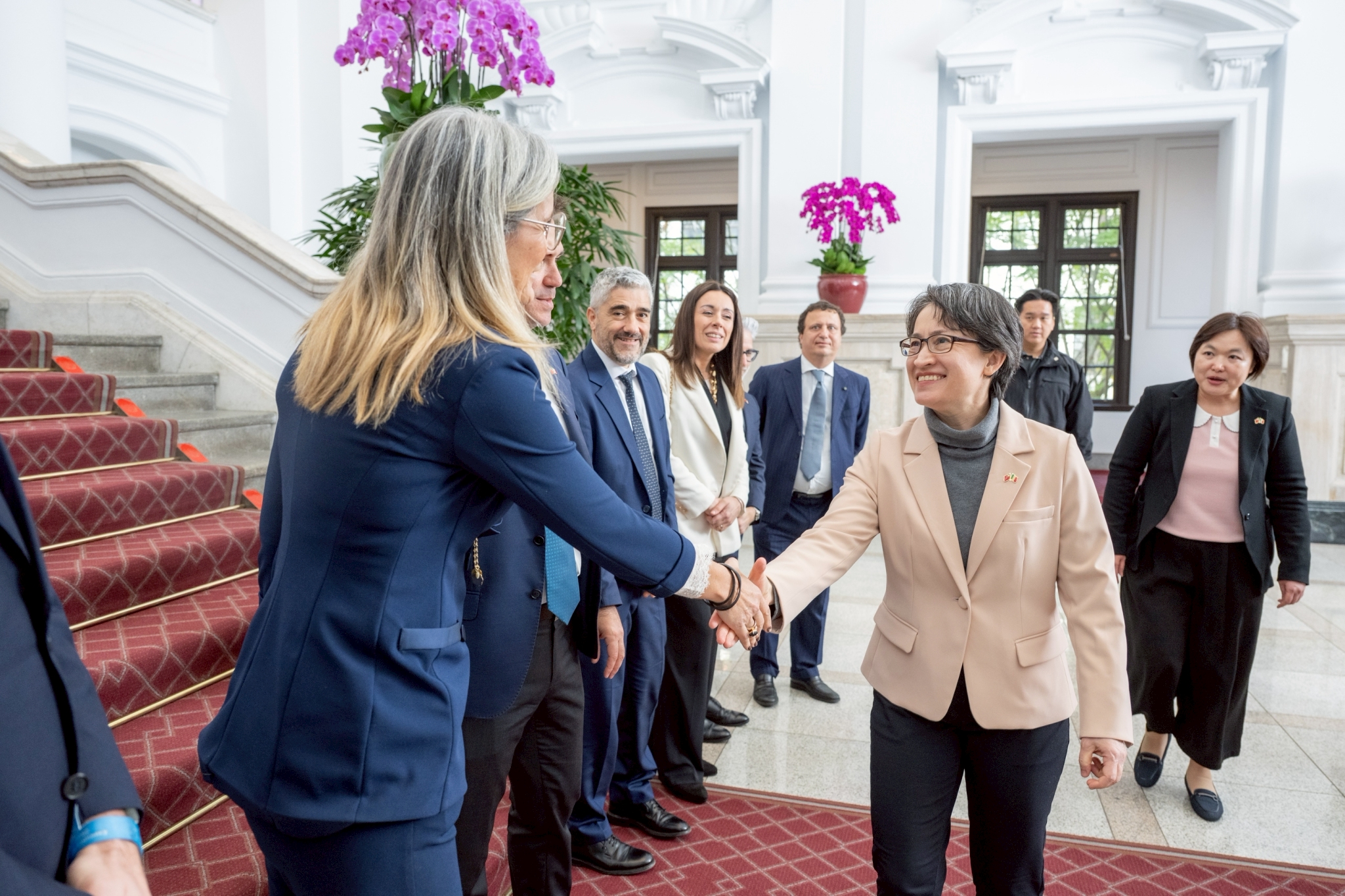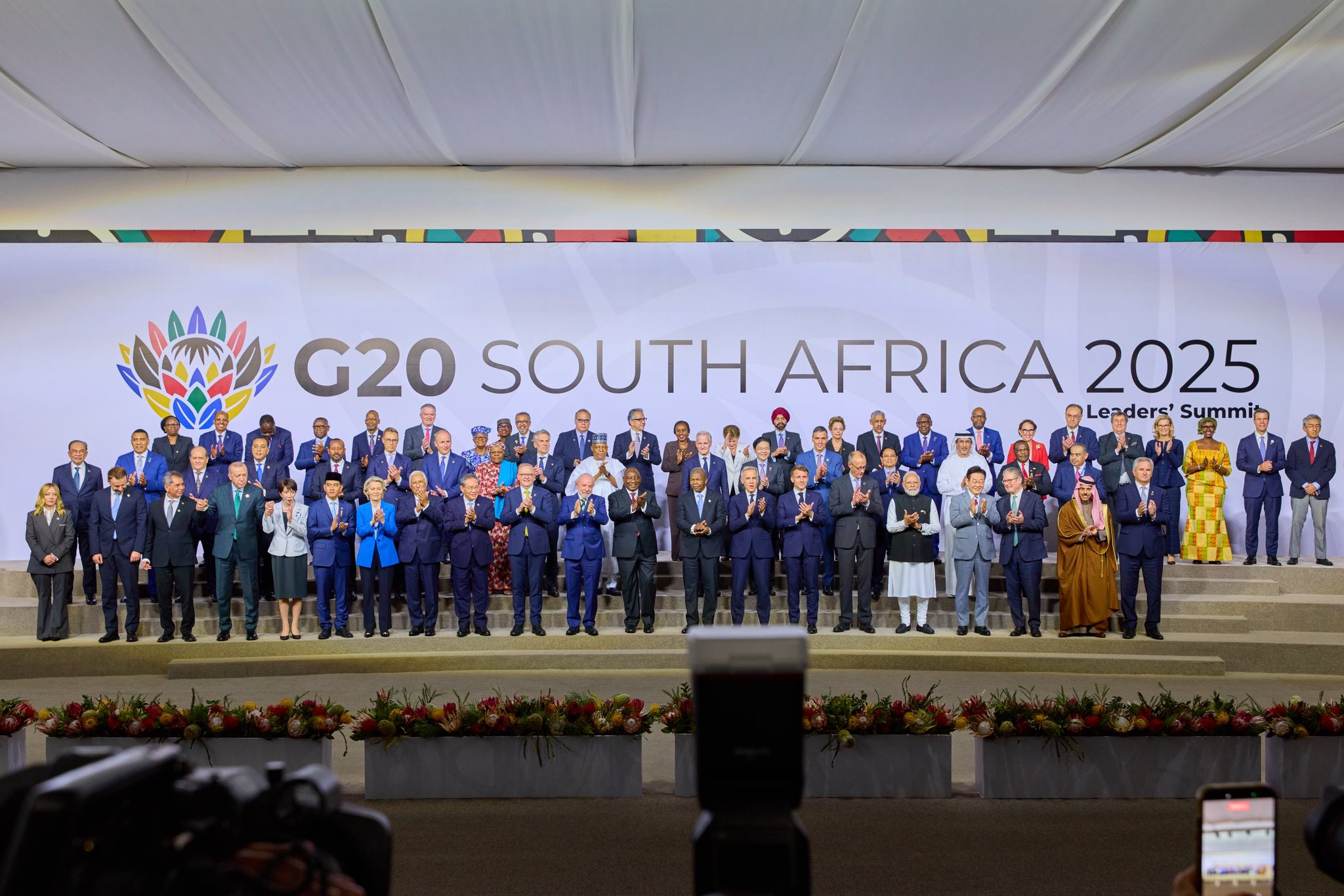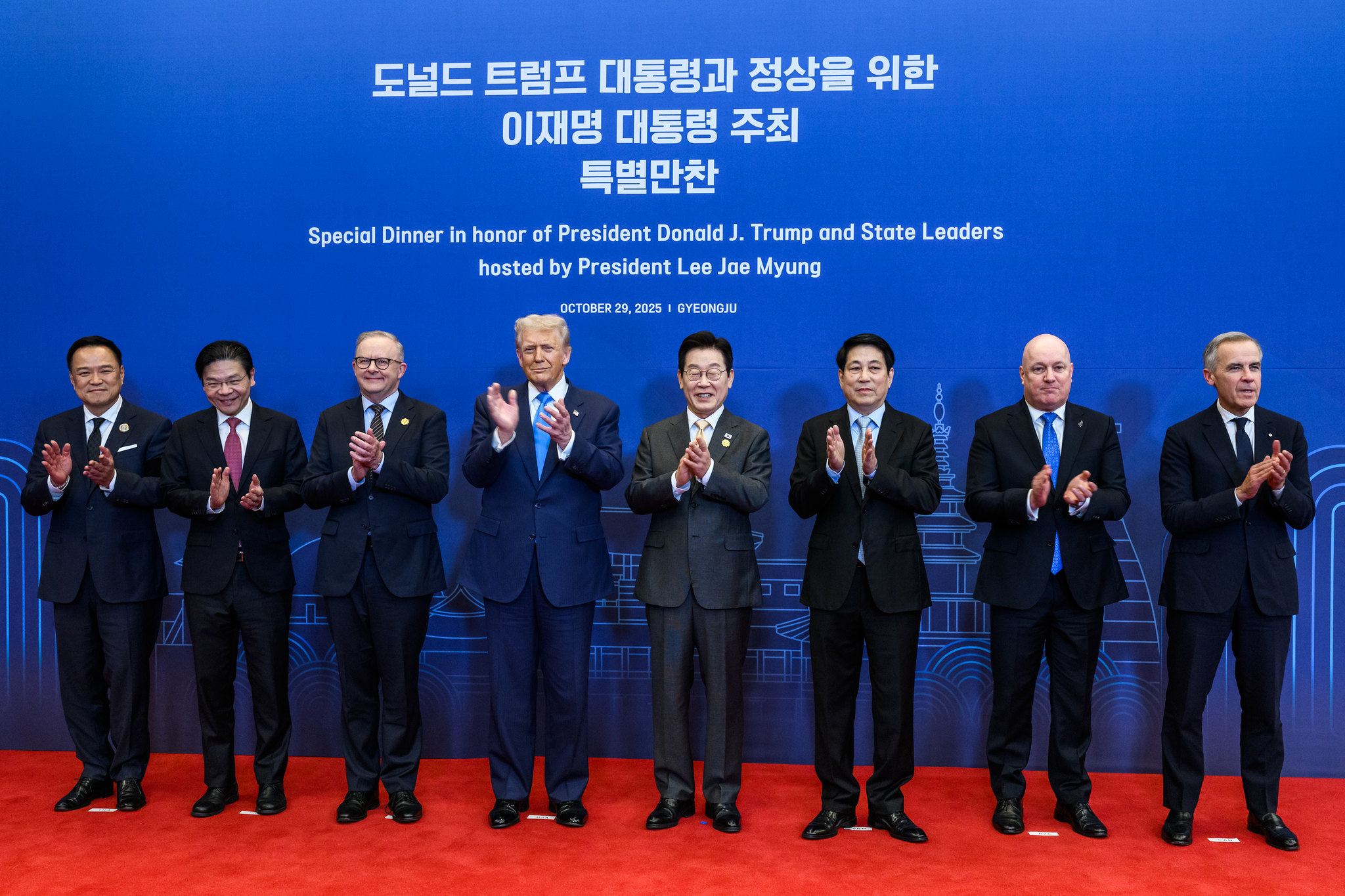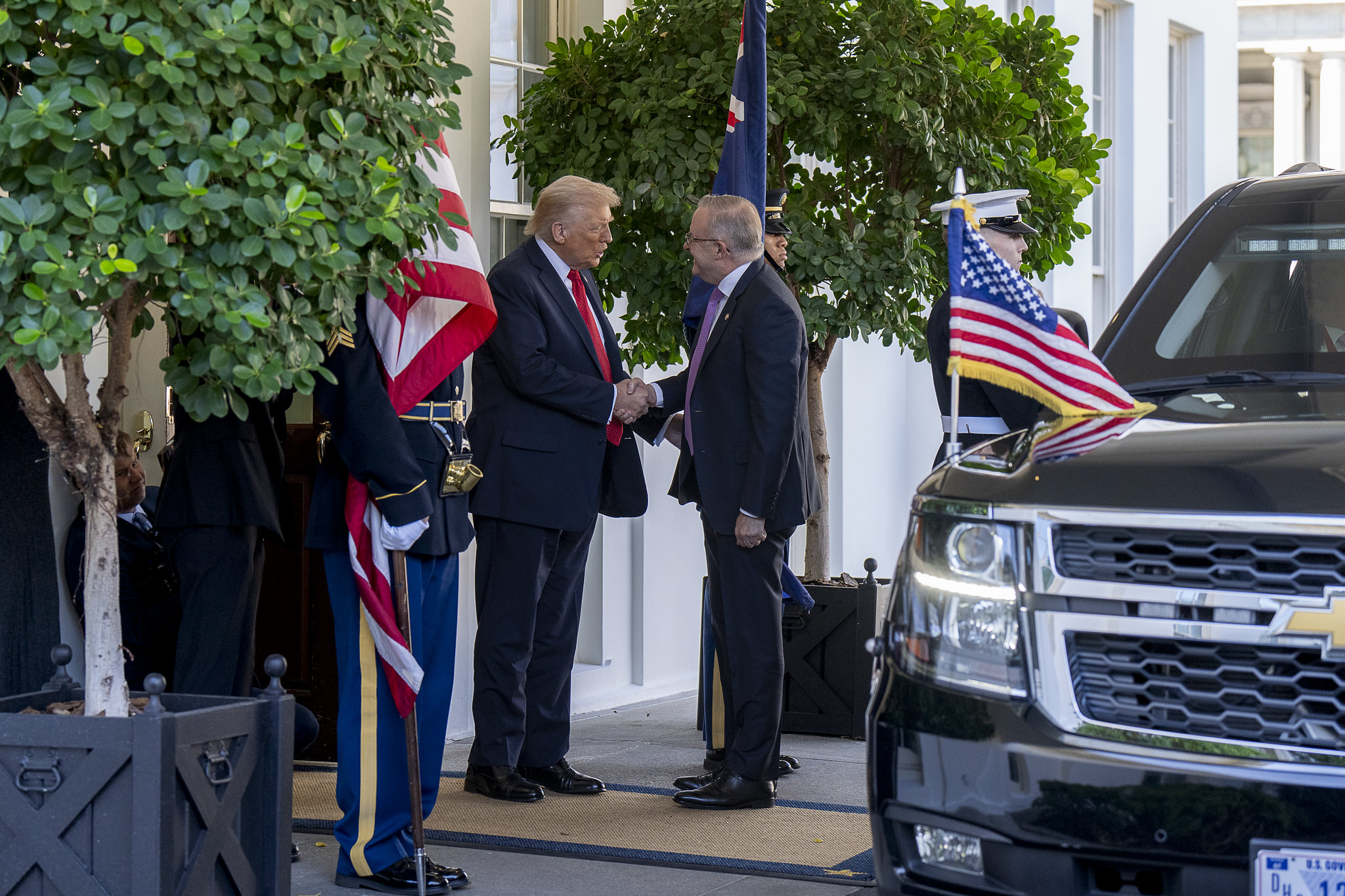The Impact of South Korean President Lee Jae-myung on the Regional Situation
The new President of South Korea, Lee Jae-myung, officially assumed the presidency on June 4. Currently, South Korea is facing a collapse of political trust, social confrontation, torn labour relations, and economic slowdown domestically, while externally it has to deal with complex international economic, trade, and security restructuring issues. Picture source: 이재명, July 14, 2025, Facebook, https://www.facebook.com/photo/?fbid=30022821450666298&set=pcb.30022832730665170.
Prospects & Perspectives No. 39
The Impact of South Korean President Lee Jae-myung on the Regional Situation
By Ming-juinn Li
The new President of South Korea, Lee Jae-myung, officially assumed the presidency on June 4. Currently, South Korea is facing a collapse of political trust, social confrontation, torn labour relations, and economic slowdown domestically, while externally it has to deal with complex international economic, trade, and security restructuring issues. In particular, the new president is bound to have a significant impact on the regional situation, as the change of parties has allowed for the expression of very different policy ideas.
Stability first
Although Lee's pre-election stance was poles apart from Yoon Seok-yeol's, and he was seen as maintaining an “anti-U.S.-Japan, pro-China, pro-North Korea” stance by claiming that he would continue Moon's Democratic Party line, it is clear that Lee wants to advance a policy of stabilizing the situation, as evidenced by the fact that he mentioned in his inaugural speech that he would promote diversification of Korean diplomacy with “pragmatic diplomacy,” regional strategies, and co-operation with countries in the Global South. Based on national interests, he will pragmatically develop relations with China, the United States, Japan and Russia. It can be seen that he wants to promote policies that will stabilize the situation. Moreover, given that U.S.-Korea relations are the top priority of South Korea's foreign security policy, it seems that Lee is not ready to make drastic changes in this regard. Of course, it remains to be seen how he will actually handle foreign policy.
Yoon had openly sided with the United States in the strategic competition between the United States and China. He has even participated in the US-Japan-South Korea summit, increased the scale and intensity of U.S.-South Korea drills, and joined with Europe and the U.S. in imposing sanctions on Russia. These moves have strained Seoul's relations with Pyongyang, Beijing and Moscow. Lee's policy towards China, North Korea and Russia will undoubtedly be adjusted after he takes office.
In his inaugural speech, Lee said he would use “strong deterrence” against possible North Korean provocations, based on a strong South Korea-U.S. military alliance. However, he also promised to resume dialogue with North Korea and push forward a series of measures such as the resumption of the inter-Korean military hotline. He advocated the establishment of peace in the Korean Peninsula through exchanges and co-operation. Lee therefore appreciates that Trump has expressed his interest in contacting Kim Jong-un again. Meanwhile, Lee has shown a conciliatory attitude towards China. He said China is South Korea’s largest trading partner.
Emphasizing pragmatism
China, Japan and South Korea have also agreed to accelerate FTA negotiations in 2024. In particular, South Korea is hosting the Asia-Pacific Economic Cooperation (APEC) this year. He is worried that Xi Jinping will not attend the APEC summit, so he will adopt a “pragmatic” policy towards China in order to stabilize Korea-China relations. Lee also advocates better relations with Russia. He has ‘highly valued’ Trump's idea of ending the Russian-Ukrainian war and hopes it will ease tensions in the Korean Peninsula.
As Lee will adjust Korea's important policies on foreign affairs and security, Japan is quite concerned about his attitude towards Japan. Although Lee has said that Japan is a "hostile country,” he claimed to have a favorable impression of the Japanese during the election and emphasized that Japan is an “important partner.” In fact, he has no connections in the Japanese political and business circles. The economic issues that Lee will have to face after his election will be a major test. He once said, "Ideals cannot be eaten as food,” which shows that he attaches great importance to practical benefits. Therefore, although Lee will not be able to continue and achieve Yun's policy towards Japan, he should not be able to provoke a conflict between Japan and South Korea as Moon Jae-in did.
Lee’s approach to Taiwan
As for Taiwan-Korea relations, of course we cannot expect Lee to do anything. Considering the fact that anti-China sentiment has been spreading in South Korea in recent years, and that China has replaced Japan as the most distrusted neighboring country, in order to avoid becoming a symbol of the transition to an unbalanced regime, Lee should be as aloof from China as Moon is, and will not make too many policy changes.
Due to political turmoil, international investor confidence has been significantly impacted recently because the South Korean won has dropped to its weakest level, and South Korea is facing significant economic pressure. Therefore, revitalizing the economy is a major challenge for Lee after taking office, and the key lies in the South Korea–U.S. trade negotiations.
Originally, with the elimination of political uncertainty and the implementation of the new government’s expansionary fiscal policies, South Korea’s economy was expected to improve. However, U.S. President Trump announced 25% duties on South Korea starting August 1, which poses a significant challenge to South Korea’s already struggling manufacturing sector, particularly impacting exports.
Moreover, the U.S. has also requested that South Korea invest as much as the US$400 billion that Japan has invested in the U.S. However, this amount is 80% higher than South Korea’s national budget this year, and makes it clearly unaffordable for the South Korean government. It will also cause a deadlock in ongoing U.S.-South Korea negotiations.
(Dr. Li is R & D Director, Taiwan Brain Trust.)

